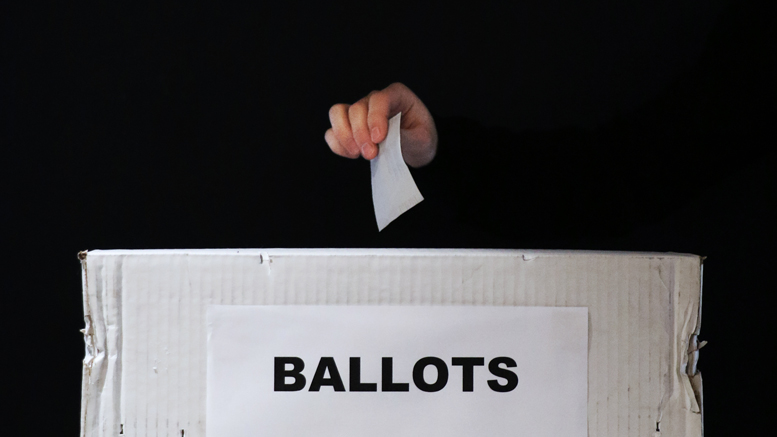Jan. 31, 2021: An earlier version of the article said Brendan Scott, UMSU vice-president finance and operations, presides over the governance committee. According to the UMSU governance and operations manual, the VP finance and operations is a non-voting member of the committee, and not the chairperson.
The upcoming UMSU elections slated for early March will run according to the same rules as last year, as the changes which would see the abolition of the slate system approved by the UMSU board of directors back in early October have yet to be implemented. As such, in the upcoming elections, candidates will be able to run for executive positions either as individuals or as slates rather than be restricted to running individually.
UMSU president Jelynn Dela Cruz explained to the UMSU board of directors at its Jan. 14 meeting that “due to a deadline being missed, the upcoming UMSU elections […] will be unfortunately operating along the slate system.”
“Although that doesn’t take off the table the fact that [the motion abolishing the slate system] will be present in the omnibus […] at the end of this term, and those changes will be implemented and set in stone,” she continued.
According to UMSU vice-president finance and operations Brendan Scott, the UMSU governance committee — that was tasked by the UMSU board of directors with implementing approved changes this year that include the abolition of the slate system and significant reforms to the structure of UMSU — is running two weeks behind schedule.
Scott explained that the delays are the result of timelines being tighter than expected. Before policy changes can be made at UMSU, they must first be approved by the board of directors, which in some cases then tasks the governance committee with implementation. After the governance committee has completed its work — which includes drafting the wording to go into the UMSU bylaws — the proposed bylaws are sent off to lawyers for approval then taken back to the governance committee that then presents the bylaws to the board of directors for final approval.
“We’re two weeks late on what we planned to do […] in the end, the major impact it will have is just two weeks less of being able to tell people that there’s a board election,” said Scott.
“We still will be able to implement the board changes in time for a board election, but we are two weeks late on our timeline,” he added.
According to the new changes, the UMSU board of directors is to be elected in a separate election taking place one week after the elections of UMSU representatives and executives.
Formerly, the UMSU board of directors was made up of UMSU representatives and executives. Once the changes have been implemented, the board will be made up of 11 members to be elected in the board election.
“The [UMSU board of directors] was under the impression that this year would have been a trial year […] that many would have had access to through the internet,” said Dela Cruz.
“Democratic governance reform, when done right, is a complex process that requires a lot of input from a lot of people. There are a lot of moving parts, and sometimes when the process hasn’t worked out as planned […] it takes an outside perspective to add clarity to where things broke down.”
“It’s up to the board to review where things necessarily broke down and the timeline, if that was the expectation to have things done by the […] general election,” she added.
“As UMSU president, I am totally committed to supporting the board in whatever they may need in that process.”


